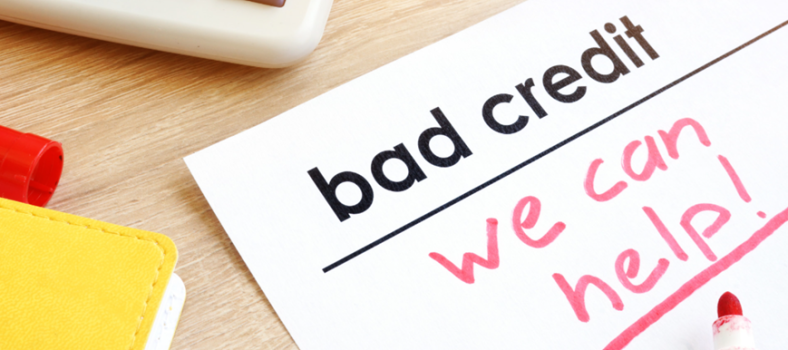A beginner’s guide to foreign exchange rates
OK, let’s talk about foreign exchange rates.
Despite what you may have heard, they’re really not that hard to get your head around. Trust me, if this author can understand it, anyone can! And you could save money. Ah, yes. That caught your attention, didn’t it?
Here’s what you need to know, starting at the beginning.
What are foreign exchange rates?
Put simply, exchange rates are the value of one country’s currency against another. So an AUDUSD rate (Australian dollars against American dollars) of 0.91 means that 1AUD is worth 0.91AUSD. A falling rate means you get fewer dollars for your dollars. So if you’re buying currency, you want a higher rate so you get more for your money.
[w
What affects foreign exchange rates?
Lots of things. Firstly, inflation rates. The lower these are compared with other countries, the higher the exchange rate tends to be. A low inflation rate means exports become more competitive and the demand for goods will increase.
Next, interest rates. The higher they are relative to other countries, the more attractive it is to deposit money. The return from savings is better, and so the demand increases.
And things like government debt, the relative strength of other currencies and government intervention are all factors in determining the exchange rates.
When would I need to exchange/transfer money?
You’re probably familiar with changing money to go on holiday, but there are loads of other reasons people make currency transfers. You, or your son or daughter could be off to university overseas, and you’ll need to send funds to a foreign bank account to help with living expenses or pay fees. You could be emigrating and you need accounts set up in your new home. Maybe you’re retiring abroad and need your pension paid every month into a new foreign account, or your doing business abroad and need competitive rates to help your bottom line.
So do I just go to my bank?
That’s the mistake a lot of people make. You may not be aware that there are FCA (Financial Conduct Authority) authorised experts that are big, secure and reputable. For example, World First can help you transfer your money more quickly and at a much better exchange rate than the banks. Plus, they don’t charge commission, their customer service is fantastic and they make everything seem straightforward.
What types of transfers can I make?
There are two main types of transfer; a spot rate and a forward contract.
A spot rate allows you to take the best available rate, and transfer your money there and then. Or you can choose a forward contract, where you can fix a rate in advance, so you’ll know exactly how much will arrive at the destination. You can also fix a rate for regular payments, like pensions.
Then, there are currency options which enable you to protect yourself from wild fluctuations in the exchange rate, but also to benefit if the rate goes in your favour. Banks are unlikely to offer you this range of products, so check out the services at companies like World First.
All clear on that?
I know this has been a lot to take in, but hopefully it’s given you some idea of how the currency markets work, and why getting a good rate is so important. And life changes so quickly, you never know when you might need one.
Image courtesy of worradmu / FreeDigitalPhotos.net






1 Comment
Thanks for the basic understanding of exchange rates.